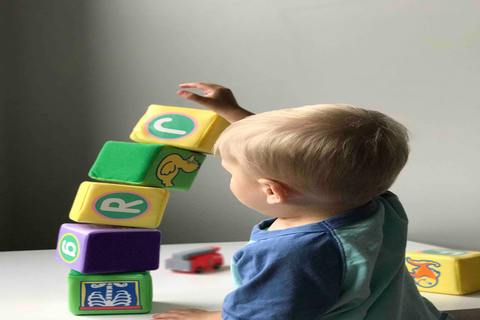All Programs
Programs for Little Minds That Aren't Like Anything You've Seen Before
Our teaching philosophy is founded on the natural and extremely individual passion for learning that children have. We provide collaborative and enjoyable learning opportunities by building personalized learning plans for each child.

1. The Playgroup Program
Age Group : 1.5 - 2 Years | Duration: 4 hours per day
- Learning by exploration
- Building communication skills
- Encouraging positive peer interaction
- Language skills are introduced.
- Fine and gross motor coordination skills are stimulated.

2. The Nursery Program
Age Group : 2 - 3 Years | Duration: 4 hours per day
- Enhancing communication skills
- Expression through art and drama
- Theme based Concept Time
- Math and Language Skill Development
- Promoting cognitive development

3. LKG - Lower Kindergarten
Age Group : 3.5 - 4 Year | Duration: 4 hours per day
- Personal Social and Emotional Development
- Cognitive development
- Theme based Concept Time
- Math readiness
- Language skills improvement
- Fine and gross motor coordination skills are stimulated.

4. UKG - Upper Kindergarten
Age Group : 4.5 - 5 Years | Duration: 4 hours per day
- Structured thematic learning & knowledge-based activities
- Learning with art, music, and play
- Building complex communication and social skills
- Encouraging positive peer interaction
- Fine and gross motor coordination skills are stimulated.
- Inculcating Life-long learning skills
Olympiad Program
From L.K.G to U.K.G class starts Olympiad Program
Olympiad Examinations aid in determining a child’s competence and true potential, which may assist him in surviving in today’s competitive environment.
They encourage students to strive for a better and more in-depth comprehension of scientific truths in order to improve their reasoning, analytical, and problem-solving abilities.
They also highlight areas where there is a lack of competency so that adequate training can be given to improve in that area.
- They’re ideal for assessing a student’s conceptual comprehension of a topic.
- Students’ problem-solving skills are improved, and they are challenged to think critically.
- Assessing a student’s aptitude as well as an understanding of a specific subject prepares them for future competitive exams.
- Students are exposed to a variety of national and international platforms.
